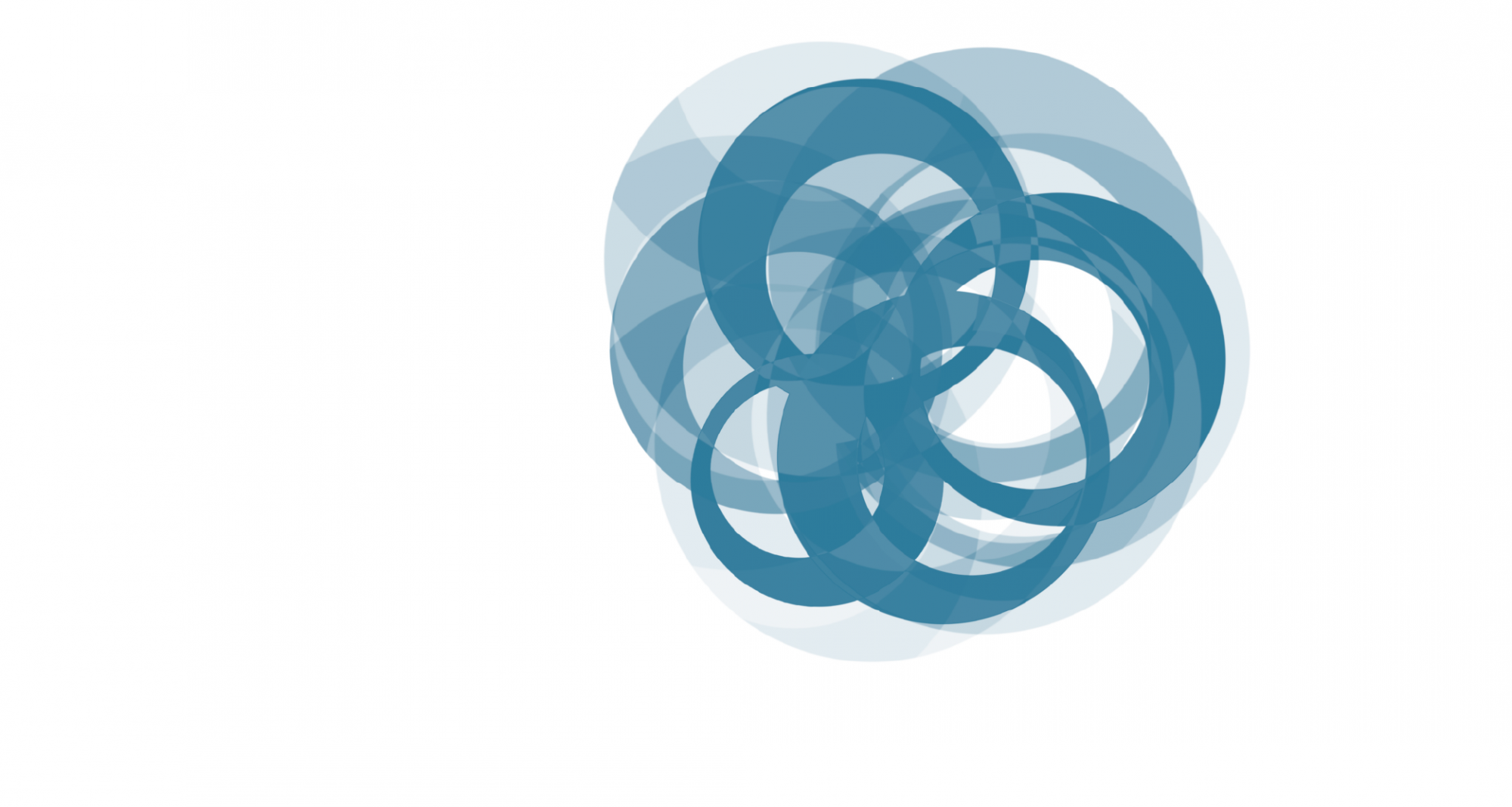Technopolitics Working Group; Monitors: Nayara Benatti (MSc. at IAU.USP) and Gabriel Botasso (Master student at IAU.USP)
What are the relationships between artistic/intellectual practices and large-scale historical processes? How did the two evolve in the Information Society? Does the contemporary period represent a continuation of this evolution or does it constitute a transformative crisis leading to a new paradigm? These are some of the core questions that Technopolitics as an ongoing, international artistic research project is interested in.
The most prominent visual aspect of the project is the TECHNOPOLITICS TIMELINE. The timeline, as a print-out measuring 20 x 1.5 meters, traces the Information Society from the year 1900 to today and contains about 500 entries of events that have contributed to the emergence and transformation of our era. These entries are organized in six horizontal categories and 12 vertical tags.
The timeline will be accompanied by audio-visual and printed material that contextualizes the entries. An additional contextual layer is provided by three hyperlink network visualizations of the Timeline entries identified in multilingual Wikipedia that yield a crowd-sourced view on their semantic relationships.
Within the format of the curated knowledge space, the timeline and the associated material provide the framework for an open-ended exploration of the genesis and current configuration of our shared techno-cultural realities. This will be achieved through a transcultural dialogue that is aimed at expanding and transforming the timeline. In workshops and lectures with artists, researchers and students the notion of the Information Society – and the events taken as central to its development – is challenged, assessed, and reformulated. Each new entry that results from these discussions replaces an existing entry and thus opens the Timeline to cultural, social and political diversity.
The development of the Technopolitics Timeline has taken place, from the beginning, as a collaborative process to allow different perspectives to coexist within a unifying but open framework. The relatively simple organizing principle of the timeline and its modular structure allow for multiple, parallel edits and bring together different perspectives, which make competing claims for relevancy to the global development of the Information Society.
The workshop will be held, bringing together researchers and artists for a cross-cultural examination, critique and revision of the timeline (currently v4.0). The results of the workshop will be visible as added edits on the timeline (resulting in Timeline v5.0), highlighting the processual and open-ended character of the project.
Technopolitics is a Vienna-based interdisciplinary research group, as a platform of artists, journalists, researchers, designers and developers.
Dates
Workshop 1 – The Timeline & The Curated Knowledge Space
November 5th: 2:00 – 6:00 pm
Talk – Contextualizing the Timeline on the Web (opened to the public)
Doron Goldfarb, Technopolitics member
November 5th: 6:00 – 7:00 pm
Abstract
This talk presents a data experiment performed in the context of the Technopolitics Timeline, during which its editors mapped individual entries to related multilingual Wikipedia articles. The mutual hyperlinks between these articles represent a complementary layer of semantic relations across the Timeline’s content as perceived by the global Wikipedia community, tempting for exploration. Network analysis and visualization revealed interesting quantitative insight into the high level structure of Timeline entries across the free encyclopedia and its different language versions, inviting to reflect upon the Timeline‘s content and its underlying categorical structure.
Workshop 2 – Editing the Timeline
November 6th: 1:00 – 6:00 pm
Duration
10 hours
Target participants
Artists, architects, researchers and cultural producers
Number of participants
15
Registration
Only by invitation

